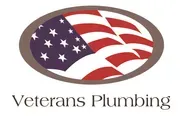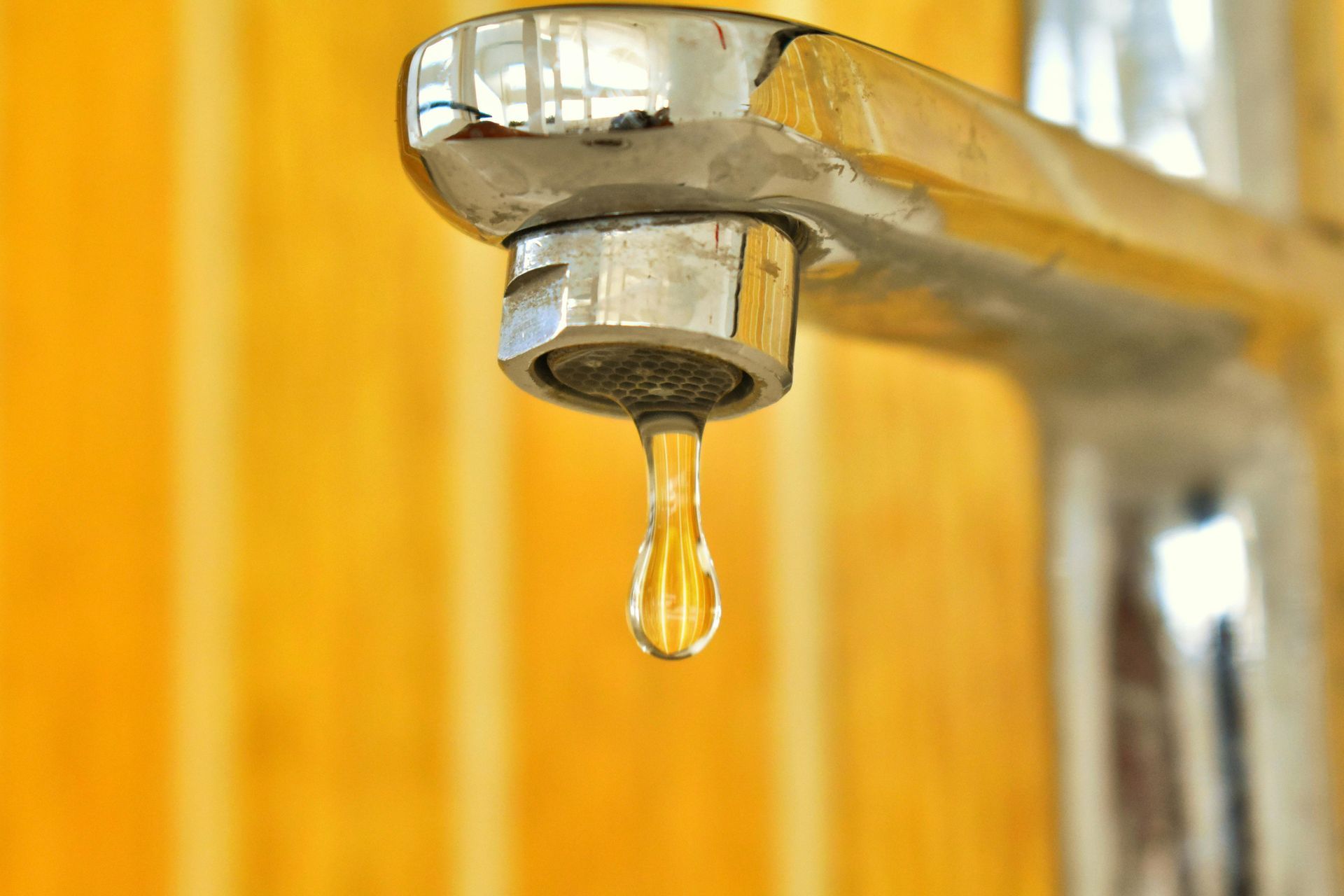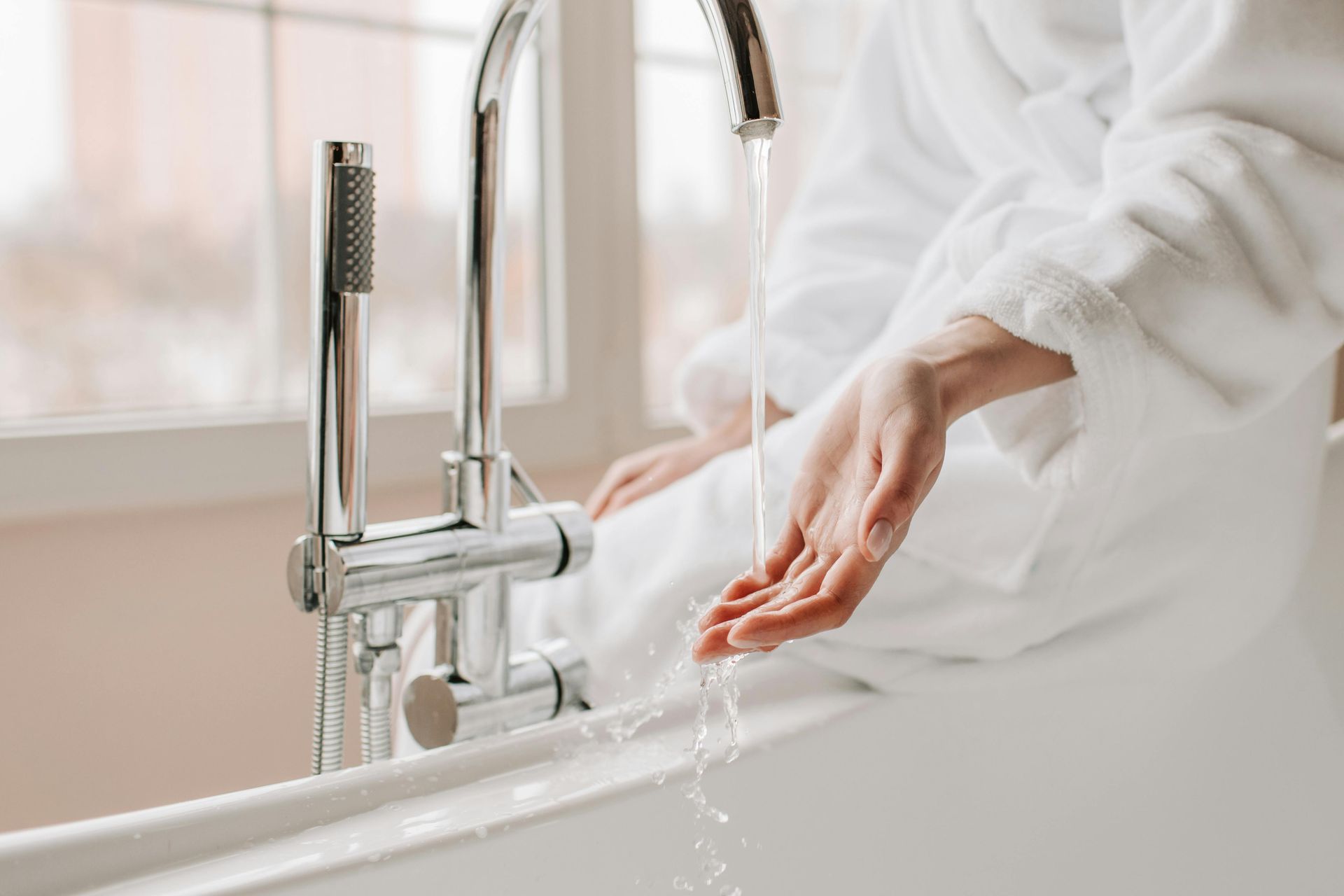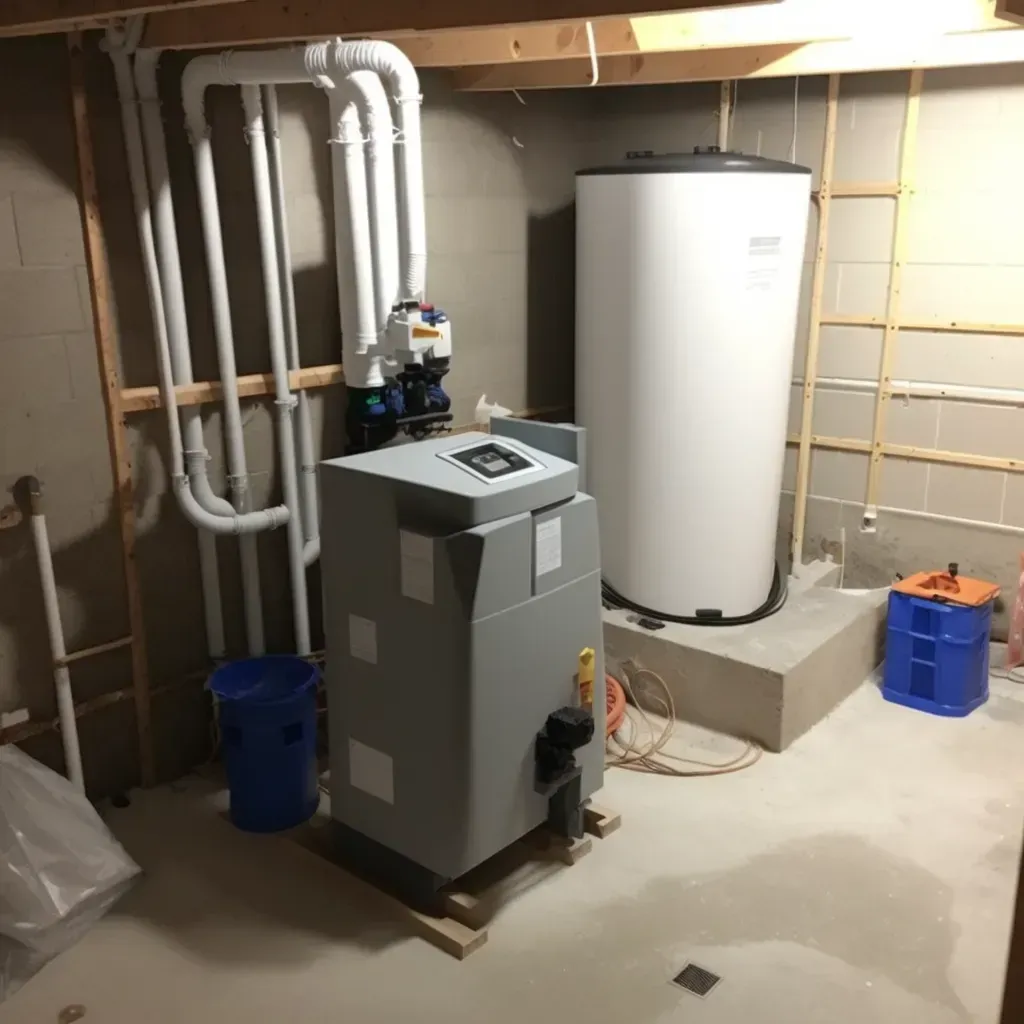Eco-Friendly Plumbing Solutions: Reducing Your Carbon Footprint
When it comes to heating the water in your home, you have two primary options: tankless water heaters and traditional storage tank water heaters. Both have unique advantages and disadvantages, and the right choice for your home will depend on various factors.
Tankless vs. Traditional Water Heaters
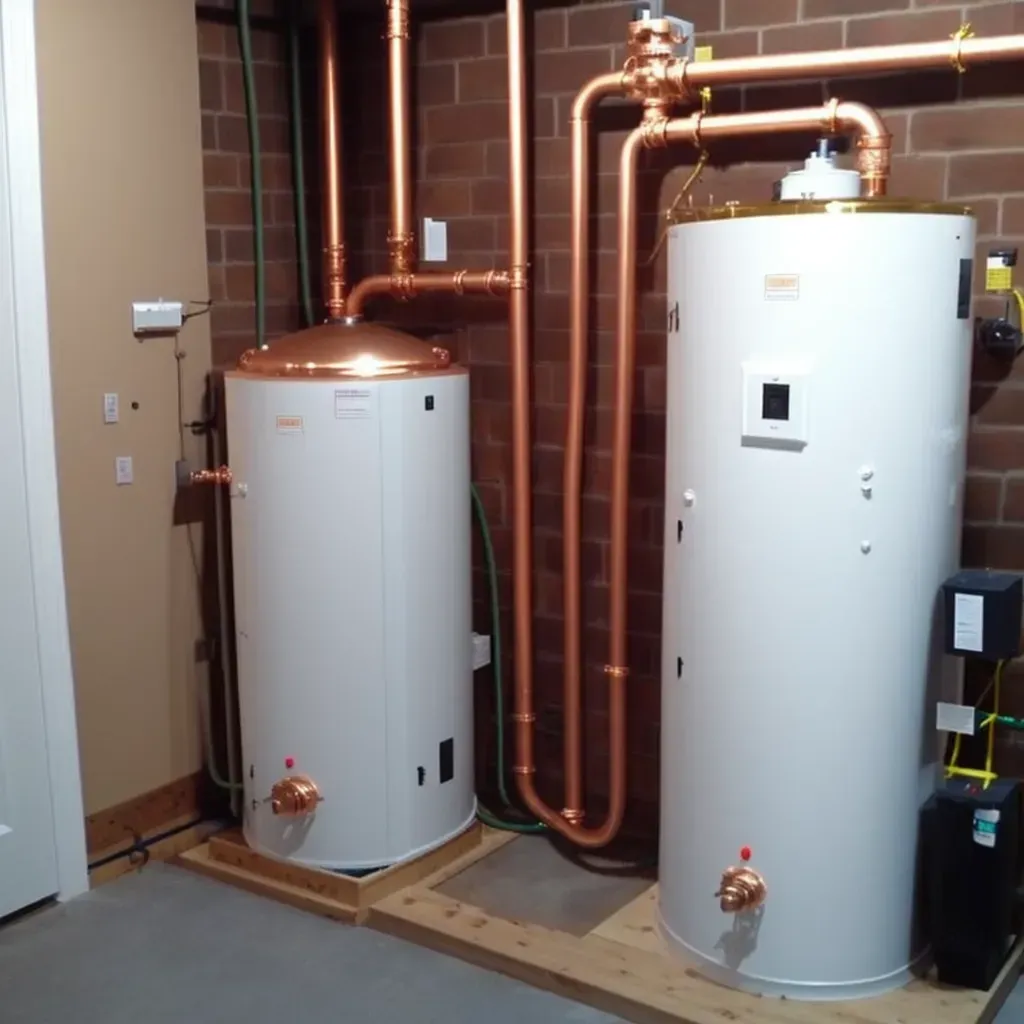
Energy Efficiency
One of the most significant advantages of tankless water heaters is their superior energy efficiency. Tankless models only heat water on demand, rather than constantly maintaining a hot water tank like traditional water heaters. This means they save energy, keeping a large volume of water hot when it's not in use.
In contrast, traditional storage tank water heaters experience standby heat loss, where heat escapes from the tank even when no hot water is being used. This results in higher energy consumption and utility bills. While insulated storage tank models can help mitigate this issue, tankless water heaters still have a clear edge regarding energy efficiency.
Endless Hot Water
Another significant advantage of tankless water heaters is their ability to provide an endless supply of hot water. Since they heat water on demand, you don't have to worry about running out of hot water, even if multiple fixtures or appliances use it simultaneously. This can be a game-changer for larger households or those with high hot water demands.
Traditional storage tank water heaters, on the other hand, have a finite capacity. Once the tank is depleted, you must wait for it to reheat before more hot water is available. This can lead to frustrating interruptions in your hot water supply, especially during peak usage times.
Space-Saving Design
Tankless water heaters are typically much more compact than their traditional counterparts, taking up significantly less space. This can be a significant advantage for homeowners with limited square footage, allowing you to free up valuable storage or living space. Tankless units are often wall-mounted, further reducing their footprint.
In contrast, storage tank water heaters require a dedicated space to accommodate their larger size, usually in a basement, garage, or utility closet. This can be a consideration for homes with tight floor plans or limited utility room space.
Higher Upfront Costs
One of the primary drawbacks of tankless water heaters is their higher initial cost. Compared to a traditional storage tank model, a tankless system will typically cost more to purchase and install. This is due to the more complex technology involved and the potential need for upgrades to your home's electrical or gas supply to accommodate the higher power requirements.
While the long-term energy savings of a tankless system can offset this higher upfront cost, the initial investment may be a barrier for some homeowners, especially those on a tight budget. When deciding, it's essential to weigh the potential savings against the initial expense.
Potential Flow Rate Limitations
Another potential downside of tankless water heaters is their potential for flow rate limitations. Tankless systems are designed to heat water on demand. Still, their ability to do so depends on the unit's size and the number of hot water fixtures or appliances simultaneously using hot water.
If you have a large household with multiple people showering, running the dishwasher, and doing laundry simultaneously, a single tankless water heater may need help to keep up with the demand. This could result in a decrease in water pressure or temperature. To address this issue, some homeowners install multiple tankless units or use a point-of-use system to supplement the central tankless heater.
Longer Lifespan
One advantage of tankless water heaters is their longer expected lifespan. Whereas traditional storage tank models typically last 10-15 years, tankless systems can often operate for 20 years or more with proper maintenance. This extended lifespan can make the upfront cost more palatable, as you'll get more years of use out of the investment.
Conversely, storage tank water heaters are more susceptible to wear and tear, especially in areas with hard water. The tank itself can rust and develop leaks over time, leading to the need for replacement.
Hiring Professionals for Water Heater Installation
Whether you choose a tankless or traditional water heater, it's essential to have the unit installed by a qualified, licensed professional. Improper installation can lead to safety hazards, inefficient operation, and even premature equipment failure.
When selecting a plumber or HVAC contractor to handle your
water heater installation, look for companies with extensive experience, proper licensing and insurance, and a track record of quality artistry. They should be able to assess your home's specific needs, recommend the appropriate size and type of water heater, and ensure the installation is done to the manufacturer's specifications.
Attempting a DIY water heater installation can be risky and may void the warranty. Professionals have the expertise to navigate the complexities of electrical, gas, and plumbing connections and any necessary permits or code requirements. Investing in professional installation can help ensure your new water heater operates safely and efficiently for years to come.
Tankless and traditional storage tank water heaters have unique advantages and disadvantages. By carefully considering factors like energy efficiency, hot water demand, available space, and upfront costs, you can determine which type of water heater best fits your home. When making the switch, work with a trusted, experienced professional to ensure a smooth and successful installation.
Blog
Book a Service Today
For more info on water softeners, water heaters and tankless water heaters Idaho Residents need, contact us today.
